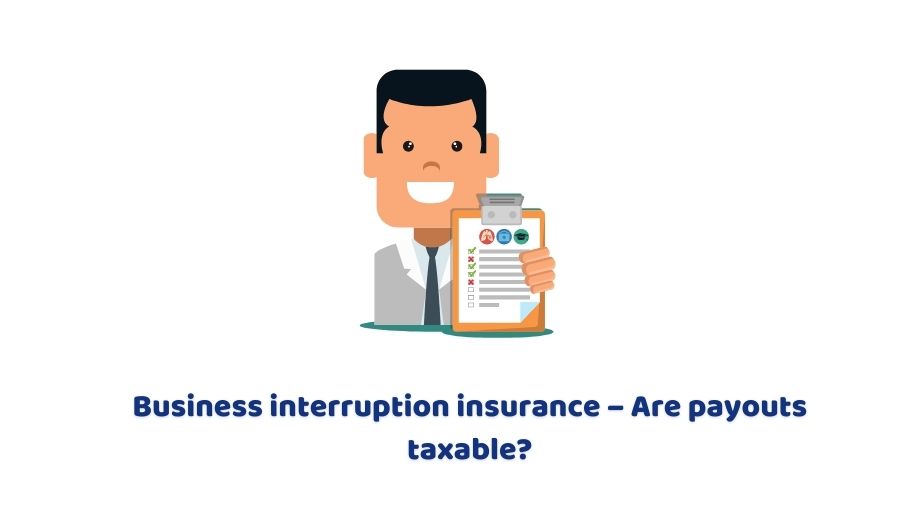Business interruption insurance provides cover for losses as a result of events that close or severely disrupt the business. Policies may cover a loss of profits that arise as a result of the ‘interruption’. They may also meet fixed costs that the business has to continue to meet despite being closed.
Many businesses who had been forced to close as a result of the Covid-19 pandemic and associated lockdown measures and who attempted to make a claim on policies that they believed provided cover for the associated loss of profits found that their insurers did not agree. The sticking point was the wording of the policy where this excluded diseases unless specifically named.
To provide clarification for policyholder and insurers, the Financial Conduct Authority (FCA) took a test case. The high court found mostly in favour of the policyholders. On appeal, the Supreme Court ruling in January furthered strengthened the policyholders’ position. As a result of the Supreme Court ruling, around 370,000 small businesses may receive a pay-out.
Tax implications
HMRC’s general stance is that if the premium was tax-deductible, any insurance receipts are taxable. Businesses would have been able to deduct the cost of business interruption insurance premiums as long as the cost was incurred wholly and exclusively for the purposes of the business.
Where a policy pays out an amount to cover the loss of profits during the period when the business was shut, the receipt is treated as trading income. Payments to cover costs are also taxable if a deduction is allowable for the cost.
Where accounts are prepared on the cash basis, the insurance receipt is taken into account in the accounting period in which it is received.
However, if the accounts are prepared on the accruals basis (as would be the case for a company), the receipt should be matched to the period to which it relates, for example, the accounting period in which the lockdown giving rise to claim fell. However, where there was doubt as to whether payment would be made, as was often the case in relation to Covid-19 claims, the critical time would be the time when it became clear that payment would be made. This may be the period in which the date of the Supreme Court ruling occurred.

